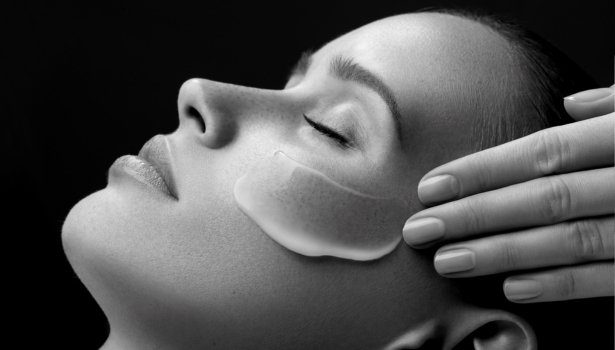Recharge and Refocus: Celebrate International Self-Care Day on July 24th
Mark your calendars! Every year on July 24th, we celebrate International Self-Care Day, a dedicated time to prioritize our well-being and make self-care a cornerstone of our lives.
Read More



